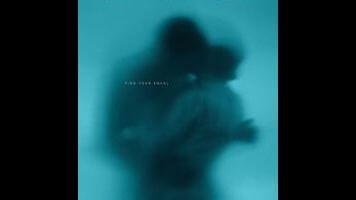Equals offers a stronger Kristen Stewart romance than Twilight

Almost all of Kristen Stewart’s post-Twilight career has played out like a rebuke to that intermittently enjoyable but mostly junky vampire-romance series. Not to its quality, necessarily, but to the way the franchise turns the Stewart persona into a drip with a series of tics in place of any moxie—or any personality at all. Outside of the Twilight-verse, Stewart’s persona has the consistency and sometimes the magnetism of a real movie star, and the chutzpah of an adventurous actor.
Equals brings Stewart’s charisma back to a genre framework—though its form of low-key science fiction is no longer the kind of genre material that actually gets wide exposure. The sci-fi premise is easy to digest, which is to say it wears its implausibility well: Sometime in the future, humanity has been drastically reduced following catastrophic armed conflicts, and the population has rebuilt itself in what may be a single, sterile-looking location without the nefarious influence of human emotion (there are shades of the Divergent series). Citizens are monitored for stirrings of emotion, classified as a disease called SOS (“switched-on syndrome”), and packed off for treatment when they exhibit troubling signs.
